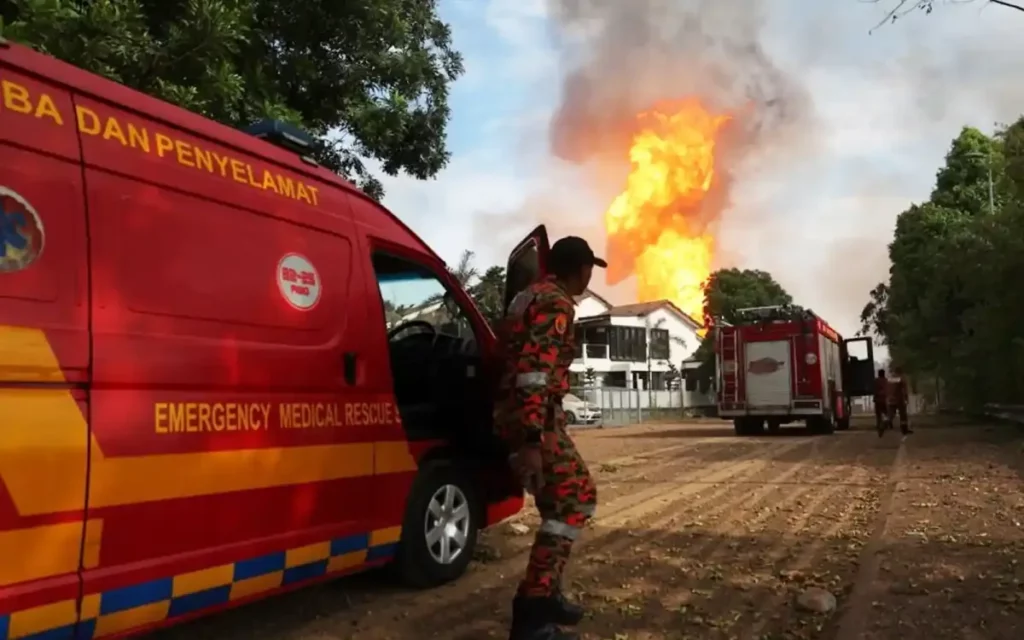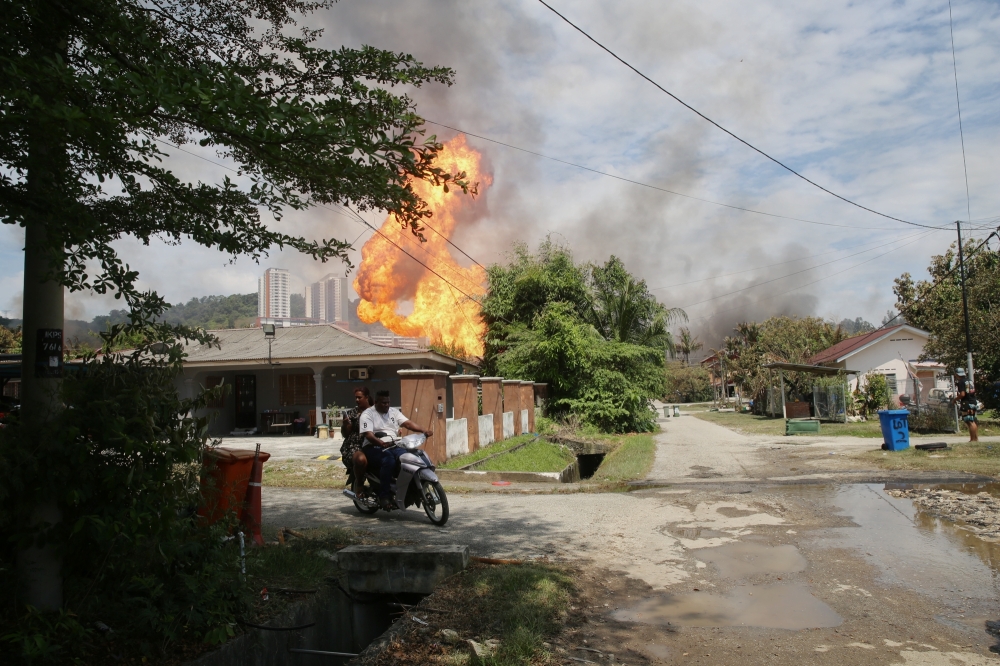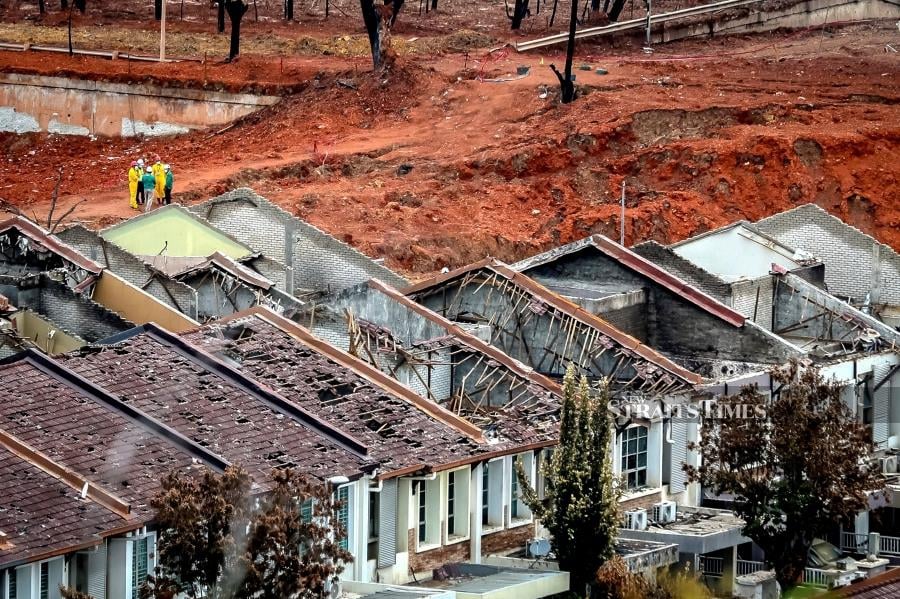What To Do If Your Home Gets Destroyed in a Fire
In light of the recent gas pipeline explosion in Putra Heights, which injured over 100 people and displaced many more, it’s essential to know the steps to take if your property is affected by unexpected disasters.
A fire doesn’t just destroy your home, it takes away peace of mind by causing overwhelming emotional and financial stress. In times like this, it’s hard to know what to do next.
This guide walks you through the five important steps to follow when a fire outbreak happens.
Note: In relation to the Putra Heights explosion, Etiqa has waived certain requirements given the exceptional nature of the incident.
5 Things To Do When Your Home Is On Fire
1. Call BOMBA Immediately

Your safety comes first. Once your family and yourself are safe and out of danger, get to a phone and call emergency services at 999 or the BOMBA helpline at 03-8892 7600, also known as Malaysia’s Fire and Rescue Department. They’ll take care of the fire and investigate the cause.
Do not touch any debris. Let authorities inspect the fire outbreak so that an accurate fire report will be documented for your insurance claim.
2. Notify Your Insurance or Takaful Provider and File A Claim
Once the fire is under control, contact your insurance provider. Most home insurance policies require you to notify them as soon as possible after a loss. This includes car insurance too as many vehicles often get damaged in the fire,
Be sure to check what your policy covers, and if you are not sure, do not hesitate to call your insurance company and ask them to explain to you the claim process as well as what documents are needed.
For Etiqa Home Insurance policyholders, you may submit your claim online and prepare the following documents:
- Police report (mandatory)
- Original/certified true copy of replacement invoice/ bill/ quotation/ estimate (mandatory)
- Fire brigade report (optional)
- Original/certified true copy of purchase invoice (optional)
- Stock card records (optional)
- Original close-up photographs depicting the damaged property (optional)
3. Take Photos and Videos of the Damage

Once the fire is out and it’s safe to visit your home site (please verify with BOMBA and authorities before doing so), take as many photos and videos as you can. From structural damages to loss of home appliances and furnishing – record everything.
This step is important because you’ll need evidence to support your insurance claim.
4. Know Your Legal Rights
If the fire happened because of someone else’s mistake, due to poor maintenance by a landlord or building management, know that they are accountable for your loss.
Another situation to be aware of is if the home you’ve purchased is damaged by fire and the key handover has yet to be done, the property developer is accountable for all damage caused.
It’s a good idea to talk to a lawyer who specializes in property damage or tenant rights. They can walk you through your options by helping you understand your rights and assisting you with building your case.
5. Be Patient
The entire process, from making a police report to filing insurance claims, may take time. And while this may be frustrating, it is extremely important to remember that patience does not only extend to others, but also to yourself.
The aftermath of a fire is a lot to handle, so try to stay calm and organised. Give yourself the space to process everything you’ve been through. It may help to speak to someone you trust, like a close friend or family member. Don’t be afraid to seek mental health support for this challenging period of time.

Knowing what to do when your house is on fire is crucial information everyone should have on their fingertips. If you haven’t insured your home yet, now is the time to do so.
Protecting your space with the best home insurance plan can provide peace of mind and ensure you’re covered in case the unexpected happens.
The information contained in this blog is provided for informational purposes only, and should not be construed as advice on any matter. Etiqa accepts no responsibility for loss which may arise from reliance on information contained in the article. This information is correct as of 9th April 2025.
